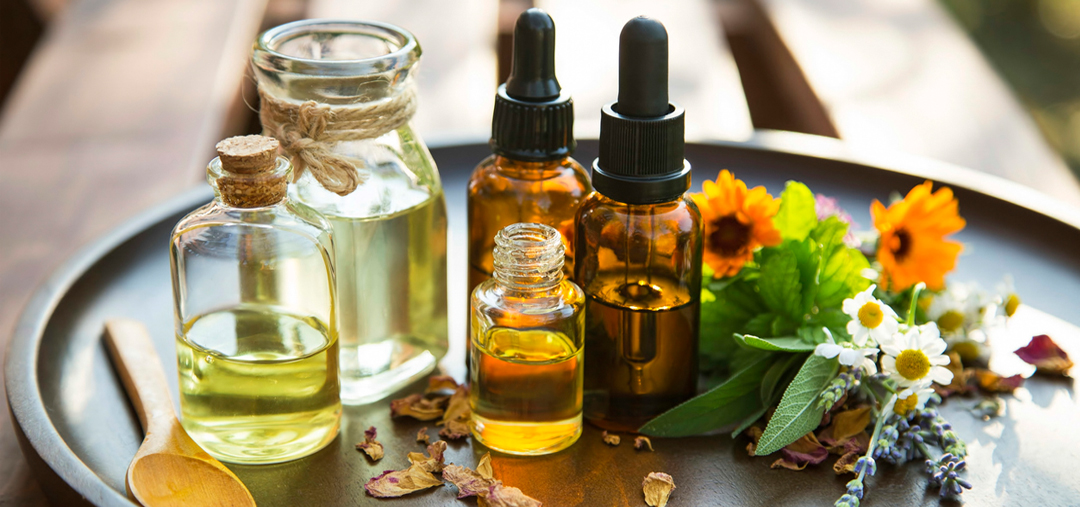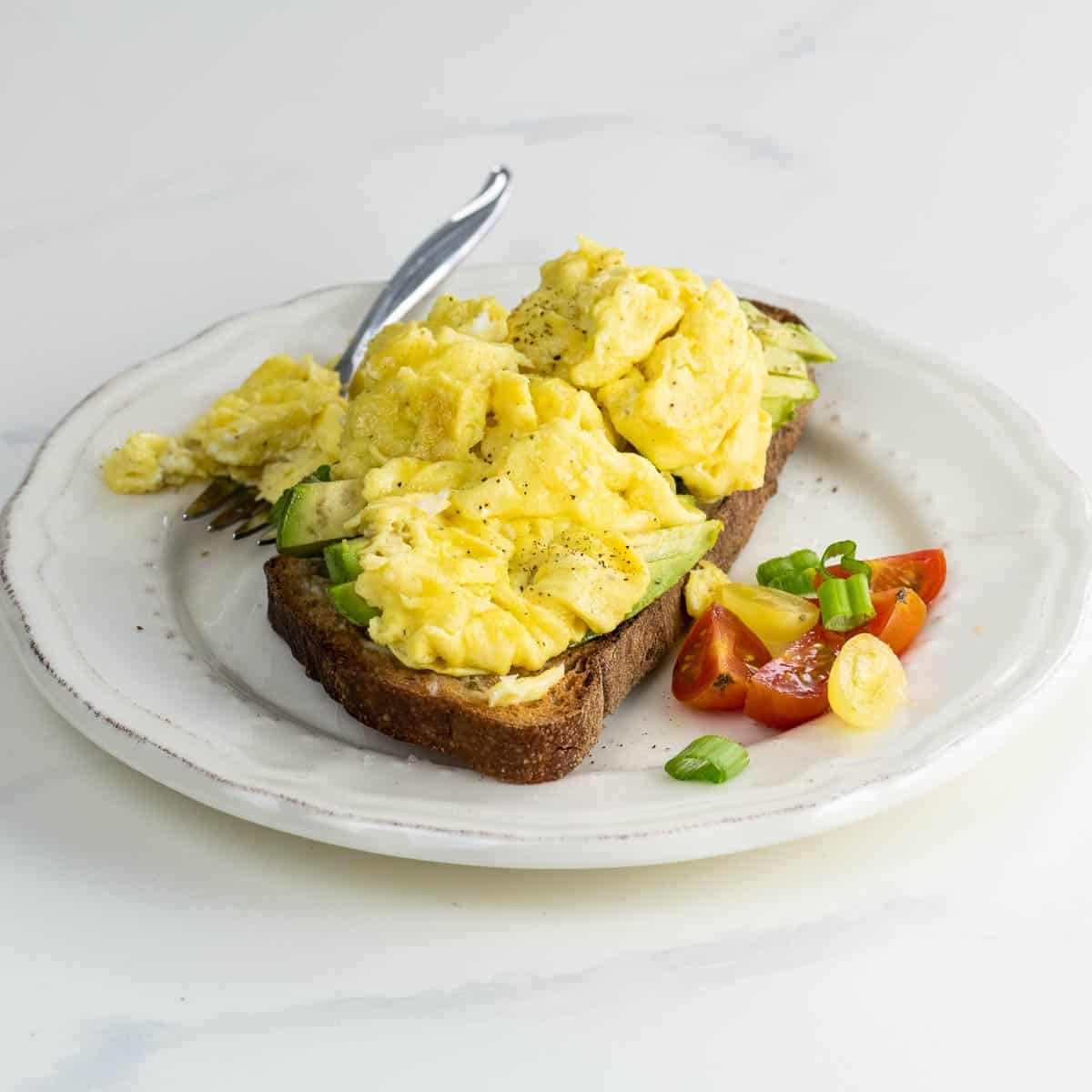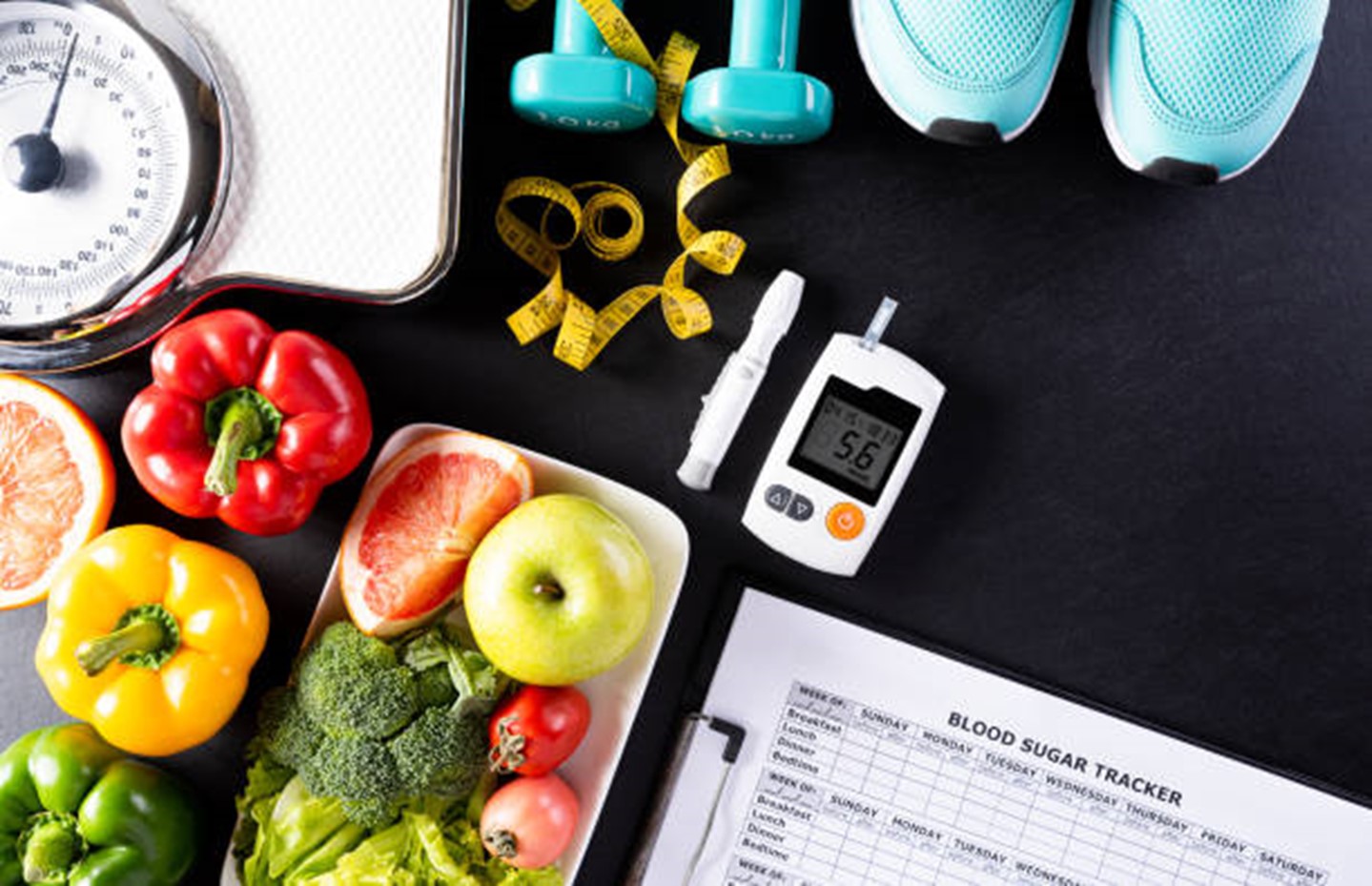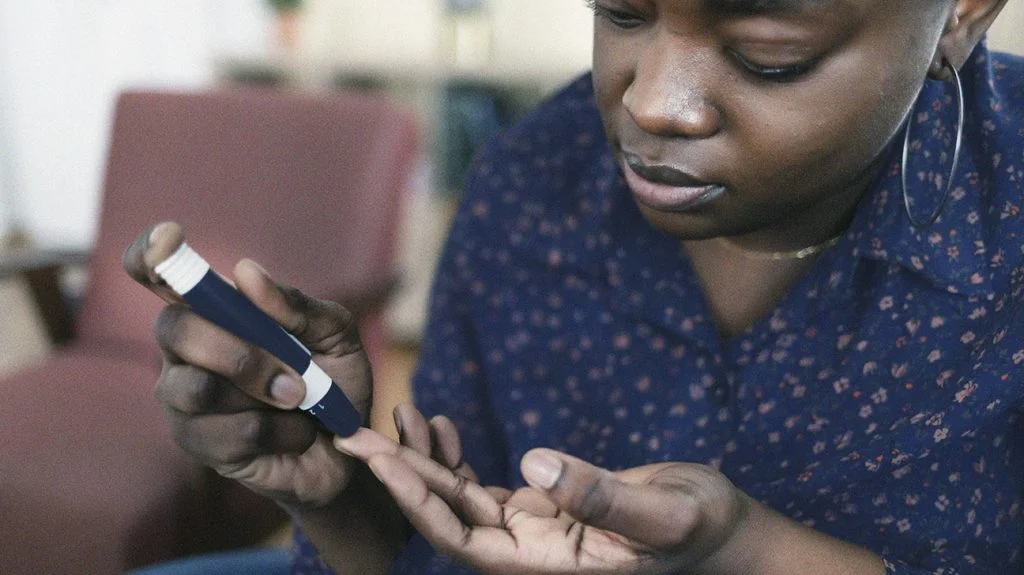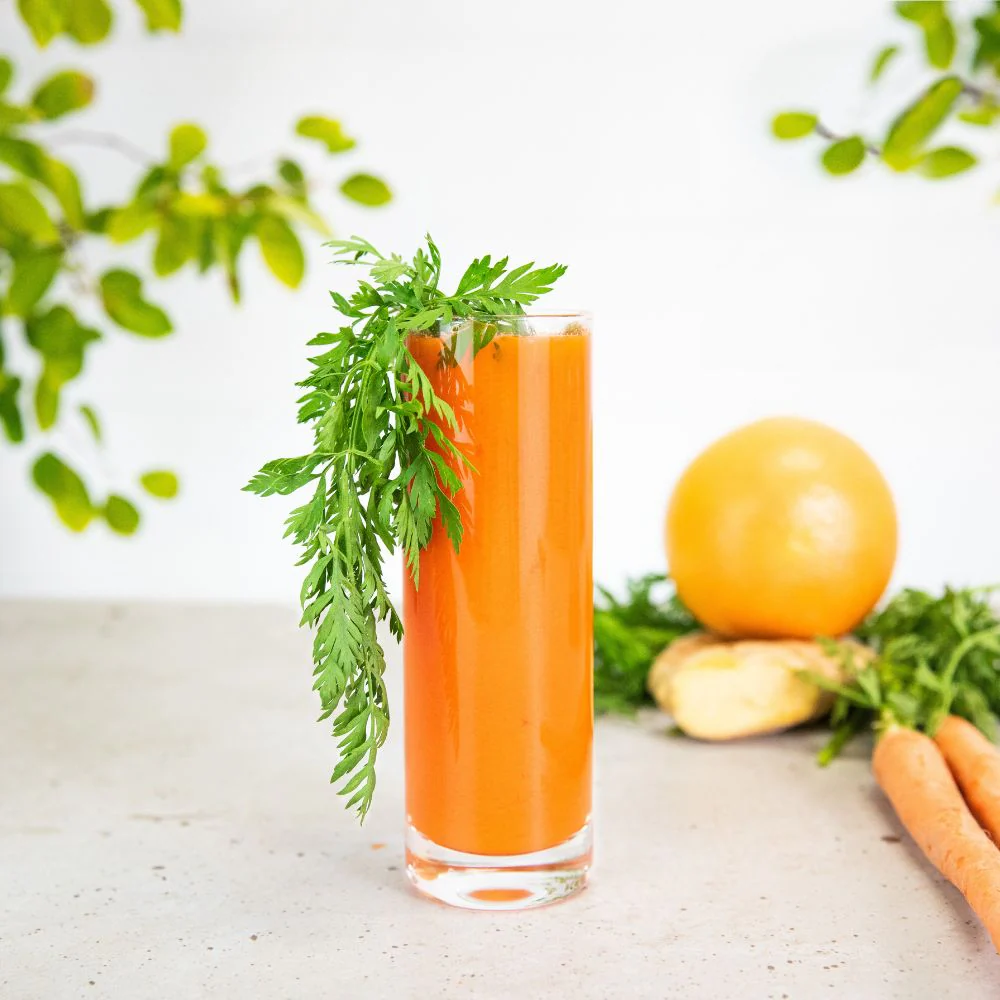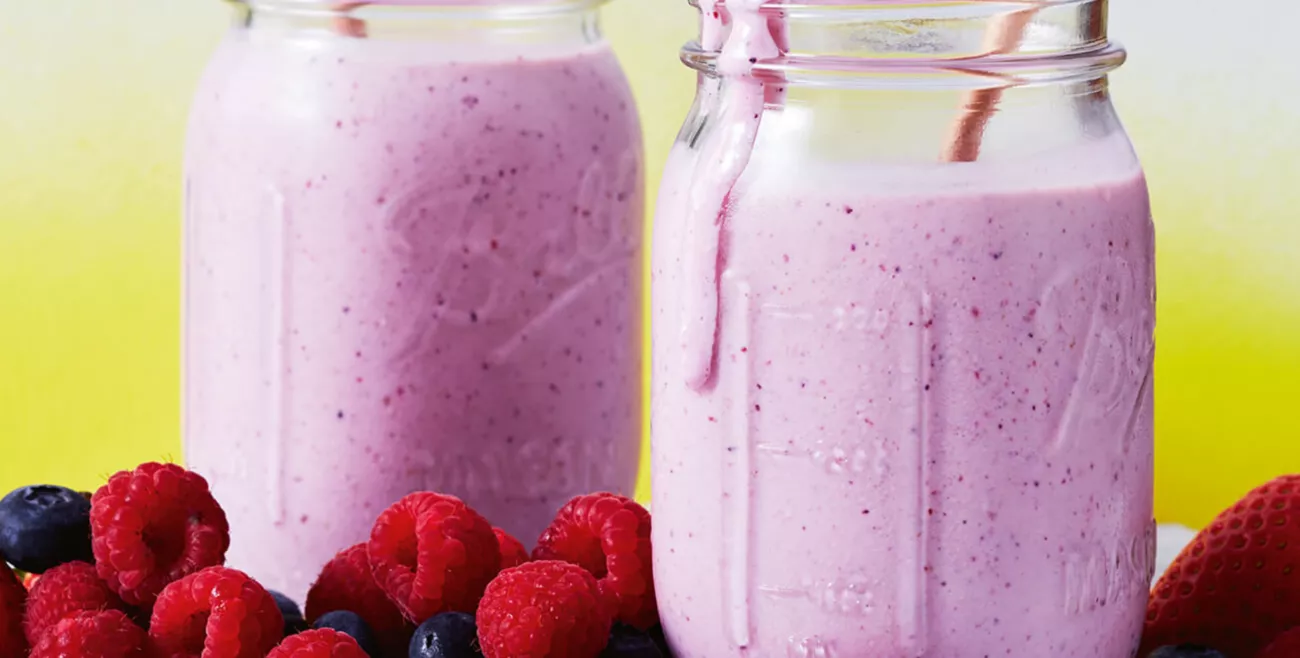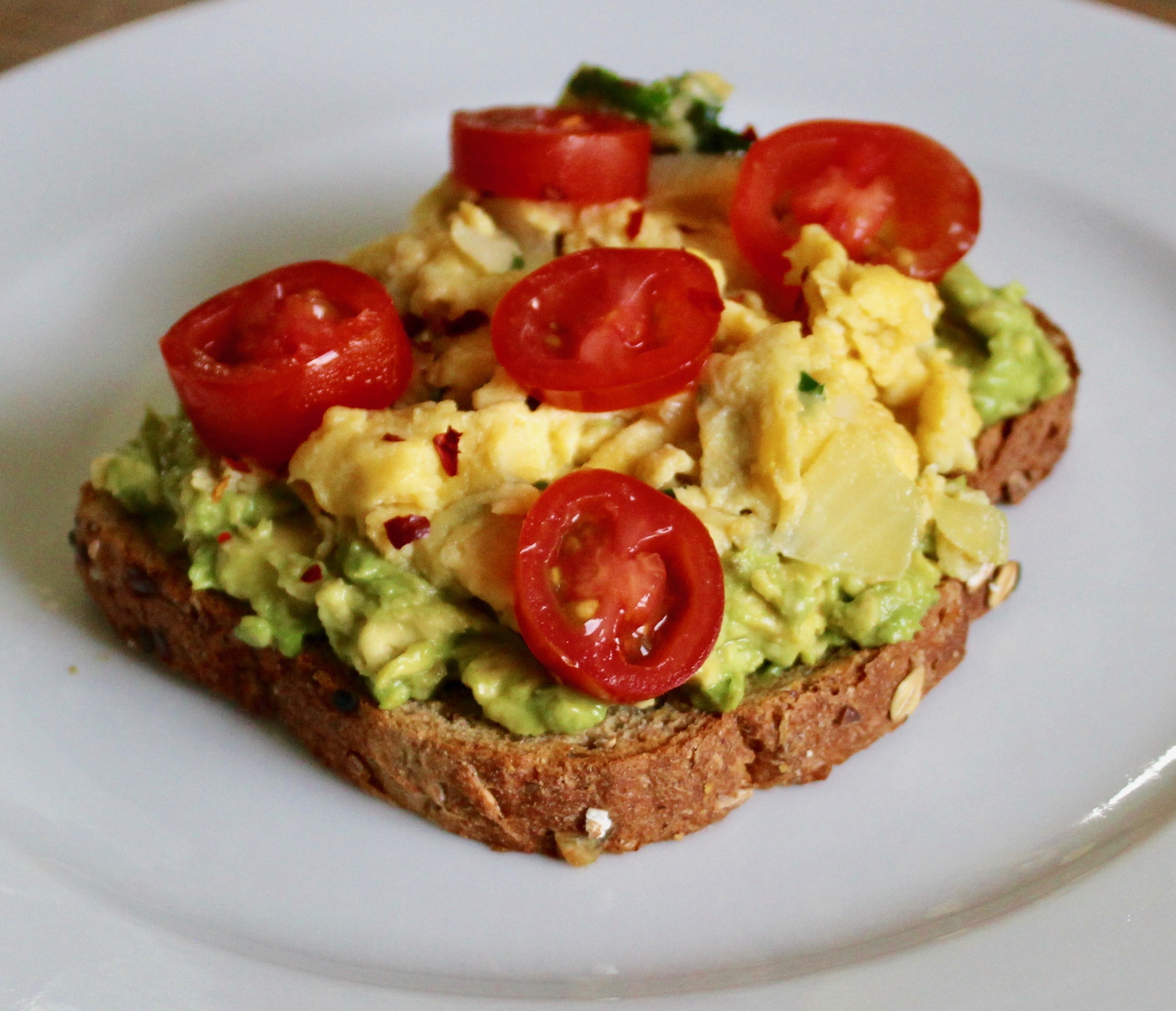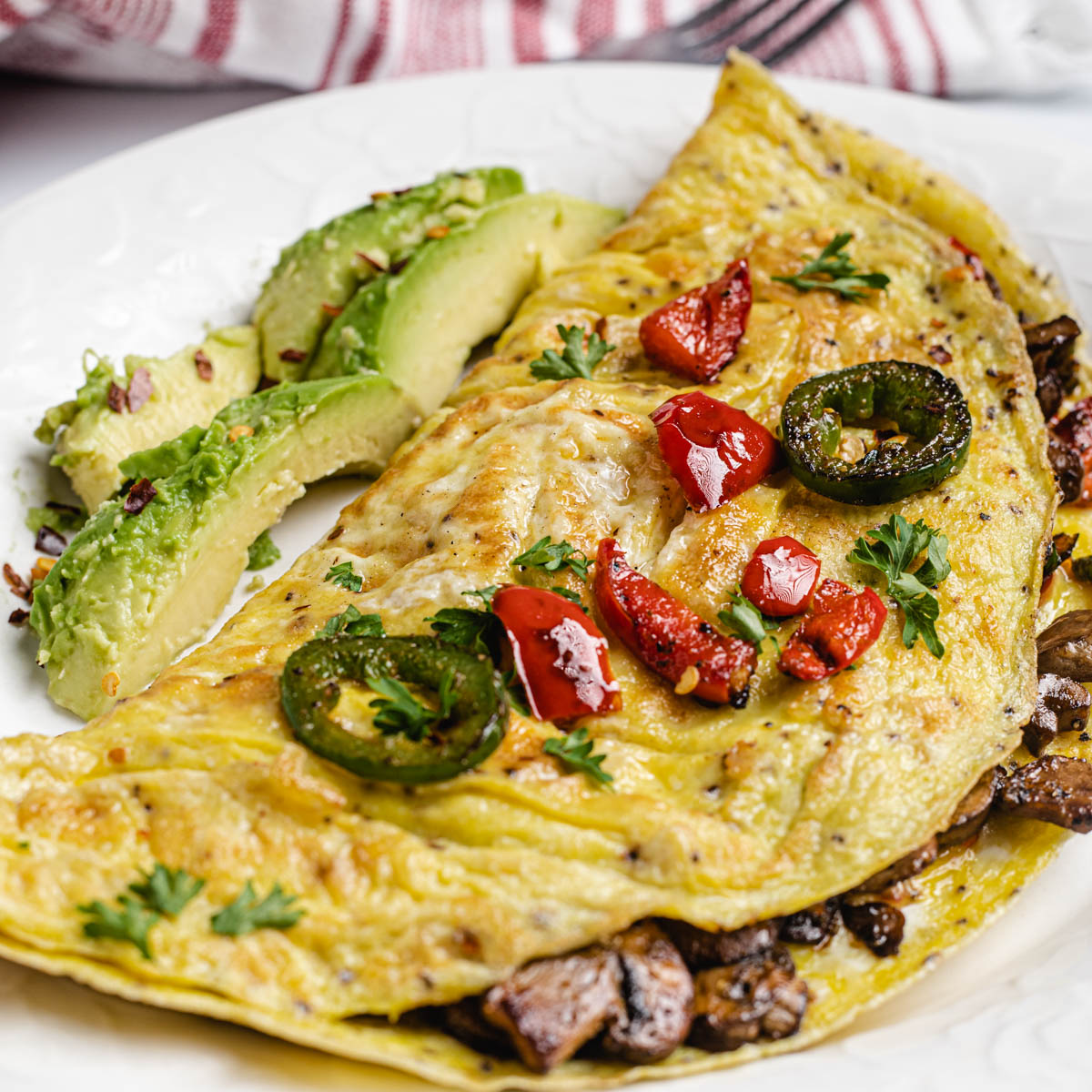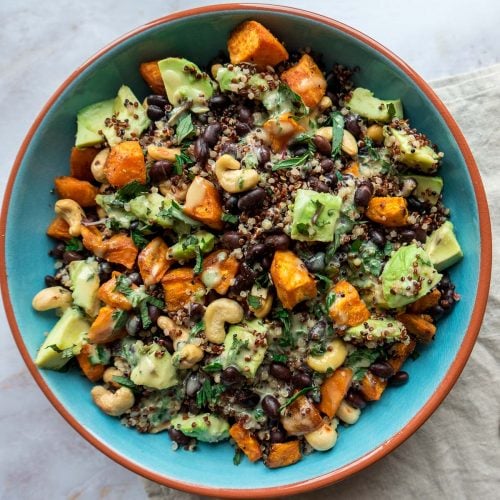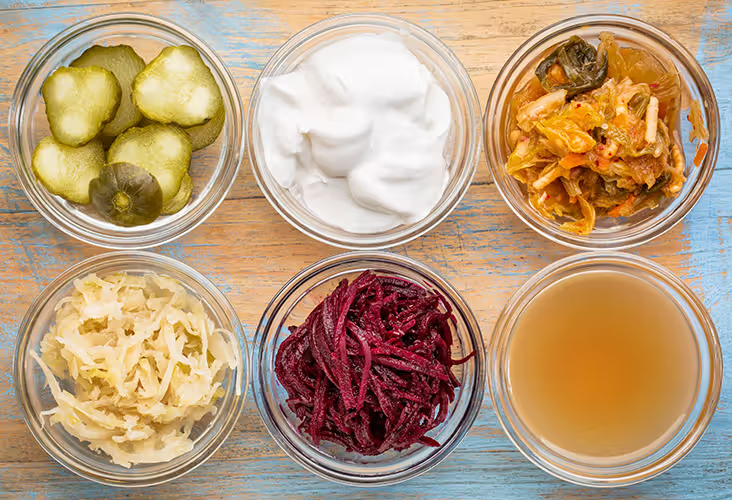
By definition, “probiotics” says it all, literally meaning “for life.” These beneficial bacteria, found in supplement form and in fermented foods such as yogurt and miso, are commonly recommended for preventing and easing a range of digestive ailments. What’s more, probiotics can boost your immune system. “They’re nature’s tiniest warriors,” affirms epidemiologist Lynne V. McFarland, Ph.D., coauthor of “The Power of Probiotics.”
Here, experts explain the latest research on probiotics — and how to use them to improve your health.
Probiotics 101
Your body houses billions of both beneficial and harmful bacteria, mostly in the small and large intestines. The good guys help you digest food and synthesize nutrients like vitamin K, B vitamins, and certain essential fatty acids. What’s more, “nature gave us a gastrointestinal system that can fight infection,” says McFarland. The good bugs that line the GI tract stimulate your body’s immune response and banish disease-causing bacteria.
If the link between intestinal health and overall wellness seems like a head-scratcher to you, you’re not alone. “Many people don’t know that more immune tissue is found in your intestines than any other place in your body,” says researcher Sheryl Berman, Ph.D., dean of Bastyr University’s School of Natural Health Sciences in Kenmore, Washington. Things like antibiotics, gastrointestinal illness, and even travel or day-to-day tension can deplete natural stores of beneficial bacteria, leaving you susceptible to infection. Adding probiotics helps the good guys maintain the upper hand.
Exactly how probiotics help maintain health is still in question. Not long ago, researchers believed that when natural reserves of good bacteria dipped due to illness or stress, probiotics from food or supplements would crowd the gut — essentially functioning as a stand-in. Some researchers have begun to give the bugs even more credit. A recent pilot study co-authored by Berman showed that when we are healthy (with flora in full swing), probiotics still help boost immunity. She found that white blood cells became more effective in increasing immunity in healthy men and women who took three probiotic capsules a day. The improvement was evident after three weeks and continued throughout the eight-week study.
While this evidence is intriguing, many experts say it’s too soon to recommend that healthy people take probiotic supplements for preventive immune-boosting. The research is more solid on taking probiotics for certain conditions, including digestive problems like diarrhea brought on by travel or antibiotic use and irritable bowel syndrome. Last year researchers at Johns Hopkins University analyzed 34 studies and concluded that probiotics reduced risk of antibiotic-associated diarrhea by 52 percent. More promising research is on the horizon; scientists are looking at probiotics’ potential to lower cholesterol levels and stave off colon cancer.
Foods or Supplements?
Experts agree that food sources don’t pack enough bacteria to tackle serious illness, but you can still improve your overall health with a daily serving of fermented food. Keep in mind that pasteurization wipes out beneficial bacteria along with harmful bacteria. For fermented dairy products like yogurt or kefir, which are always sold pasteurized, probiotics must be added to yield any health benefit. Be sure the label lists strains of live microorganisms. Look for unpasteurized sauerkraut and miso at natural-foods stores.
If you’re sick with a stomach ailment or yeast infection — or you’re looking to boost your immunity — experts generally recommend taking a supplement. Therapeutic doses of probiotics taken for ailments should contain at least a billion microorganisms. Why so many? “The gut contains 10 to 100 trillion bacteria already. To make an impact, the numbers need to be quite high,” says Gareth Parkes, Ph.D., a gastroenterology researcher at King’s College London.
Sheer numbers aren’t the only factor to consider, though. Whether you opt for food or supplements, you have your choice of a number of common strains of probiotics — such as Lactobacillus, Bifidobacterium, Enterococcus, and Saccharomyces — all with different effects. “It’s a sweeping statement to say that all probiotics are good for you. They’re like drugs: Some work for some things; others work for other things,” says Gary Elmer, Ph.D., a medicinal chemistry professor at the University of Washington and McFarland’s coauthor on “The Power of Probiotics.” Often, benefits come when different strains work together.
To further optimize the beneficial bacteria in your body, some experts recommend “feeding” them. Complex carbohydrates known as prebiotics pass undigested through the upper gut to the colon, where they help generate more Bifidobacterium. Jerusalem artichokes, barley, dandelion greens, and chicory are good sources for prebiotics, but including any whole grains and roughage in your diet will do. “Bacteria feed on fibers and foods. They feed on each other,” says McFarland. “It’s an all-you-can-eat buffet down there.”
Probiotics Do’s and Don’ts
Sheryl Berman of Bastyr University offers these tips for getting the most out of your probiotics.
Do read labels.
Check packaging on pasteurized dairy products to make sure they have added organisms.
Don’t overlook expiration dates.
Never buy probiotic foods or supplements that have expired. In fact, the fresher they are, the better.
Don’t buy liquid probiotics from store shelves.
Check the supplement aisle’s refrigerated section. Liquid probiotics must be chilled to keep the bugs alive, and live bugs are more effective than dead ones, says Berman.
Do your homework.
The viability and purity of probiotics can vary significantly by brand. Visit consumerlabs.com for an analysis of more than 20 manufacturers.
Choosing Probiotics
“Different probiotics are helpful for different ailments,” says Gary Elmer, Ph.D. At natural-foods stores, read labels for the appropriate bacteria (which may be combined with others), or look online for single-bacteria products. Follow package directions for doses, and talk to your doctor.
Ailment
Traveler’s diarrhea
Probiotics
Saccharomyces boulardii and Lactobacillus rhamnosus GG
How to take
Start a day or two before your trip and continue while traveling; stop two days after returning home.
Ailment
Antibiotic-caused diarrhea
Probiotics
Lactobacillus rhamnosus GG and Saccharomyces boulardii
How to take
Start as soon as possible after taking antibiotics and continue for a week after they’re finished; with the exception of S. Boulardi, space the probiotic dose from the antibiotic dose by at least an hour.
Ailment
Irritable bowel syndrome (IBS)
Probiotics
Lactobacillus plantarum, Bifidobacterium infantis, and VSL #3
How to take
As part of regular treatment; VSL #3 is only available at vsl3.com.
Ailment
Vaginal yeast infection
Probiotics
Lactobacillus acidophilus
How to take
During treatment with antifungal medication and for seven days after treatment is finished.
Ailment
Weakened immunity
Probiotics
Lactobacillus rhamnosus, Lactobacillus plantarum, Lactobacillus salivarius, and Bifidobacterium bifidum
How to take
Participants in a study at Bastyr University took three doses daily.






